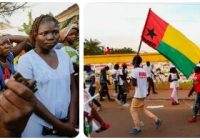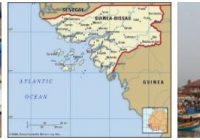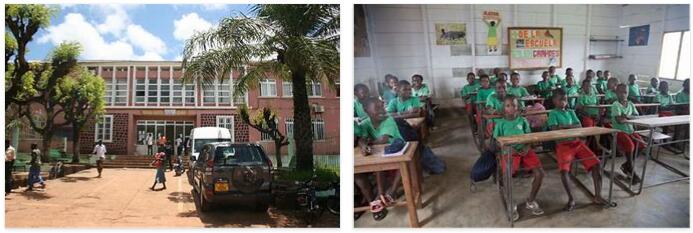Guinea-Bissau Political System, Famous People, Animals and Plants
Guinea-Bissau: Political System According to CANCERMATTERS.NET, Guinea-Bissau is a presidential republic. The directly elected regional councils send 150 members to the National Assembly every five years. This elects the 15-member State Council, which acts as the executive. The heads of state are also directly elected every five years. A one-time re-election is possible. See AbbreviationFinder… Read More »


